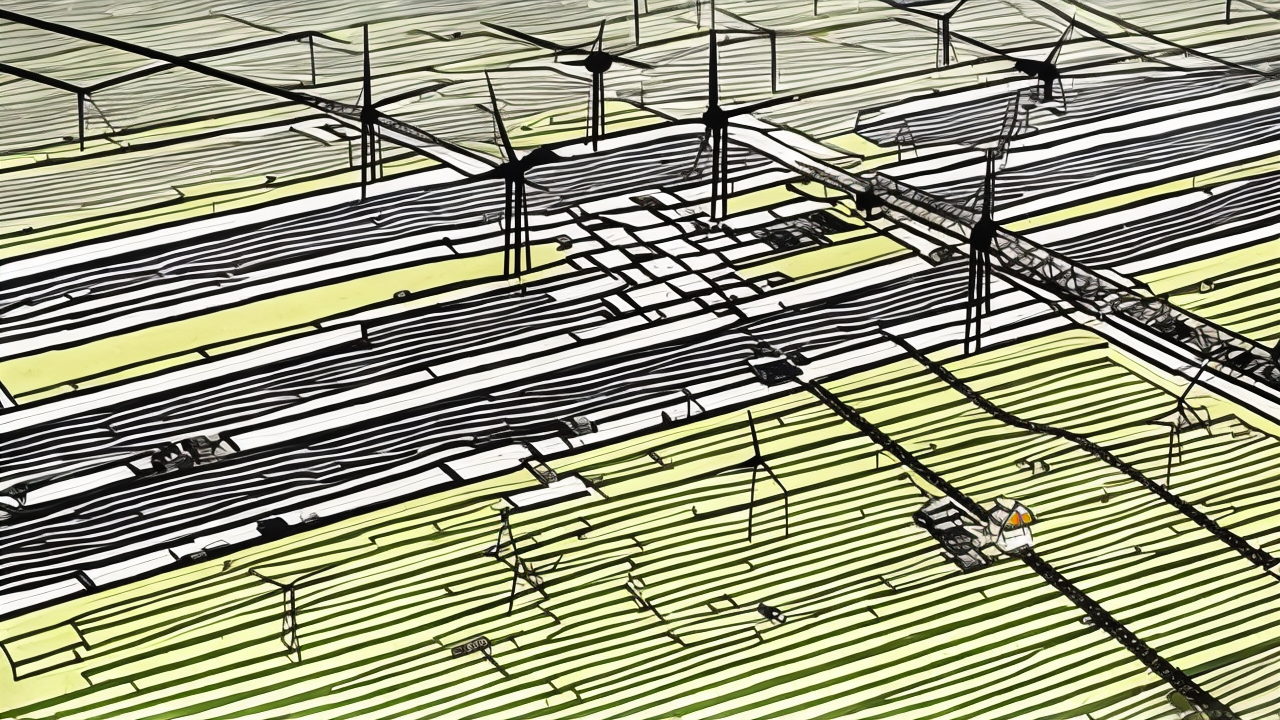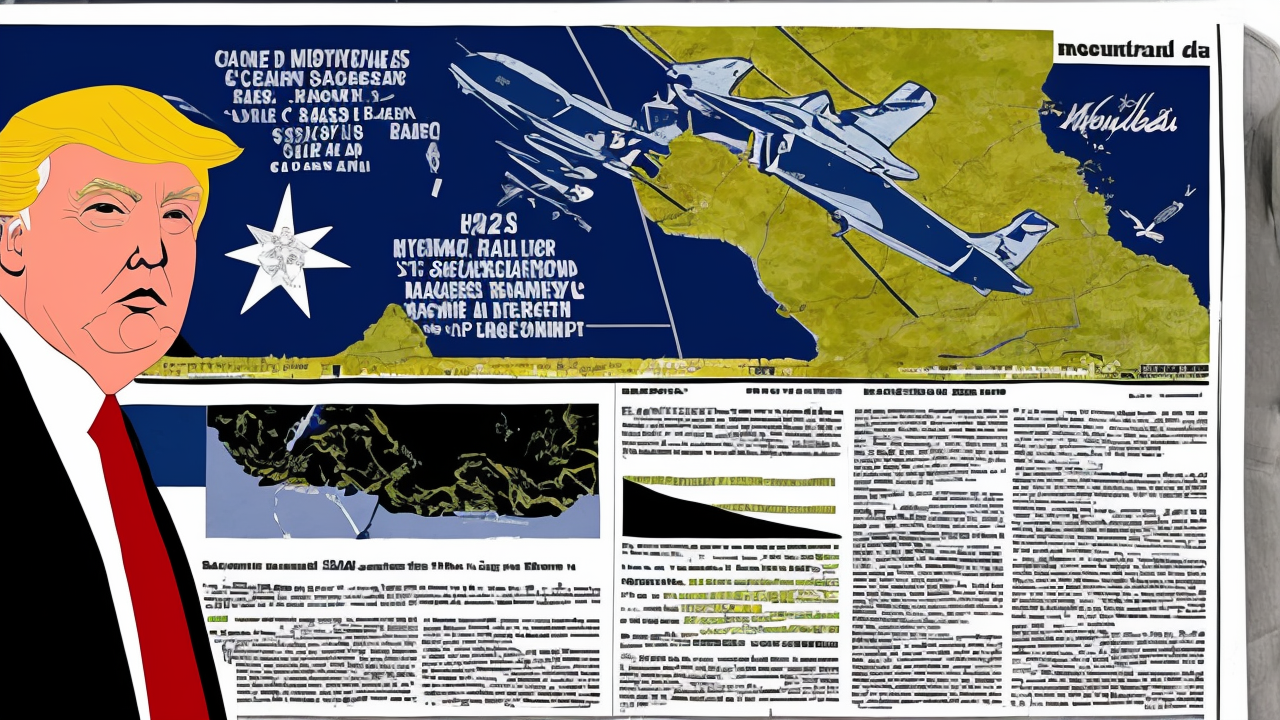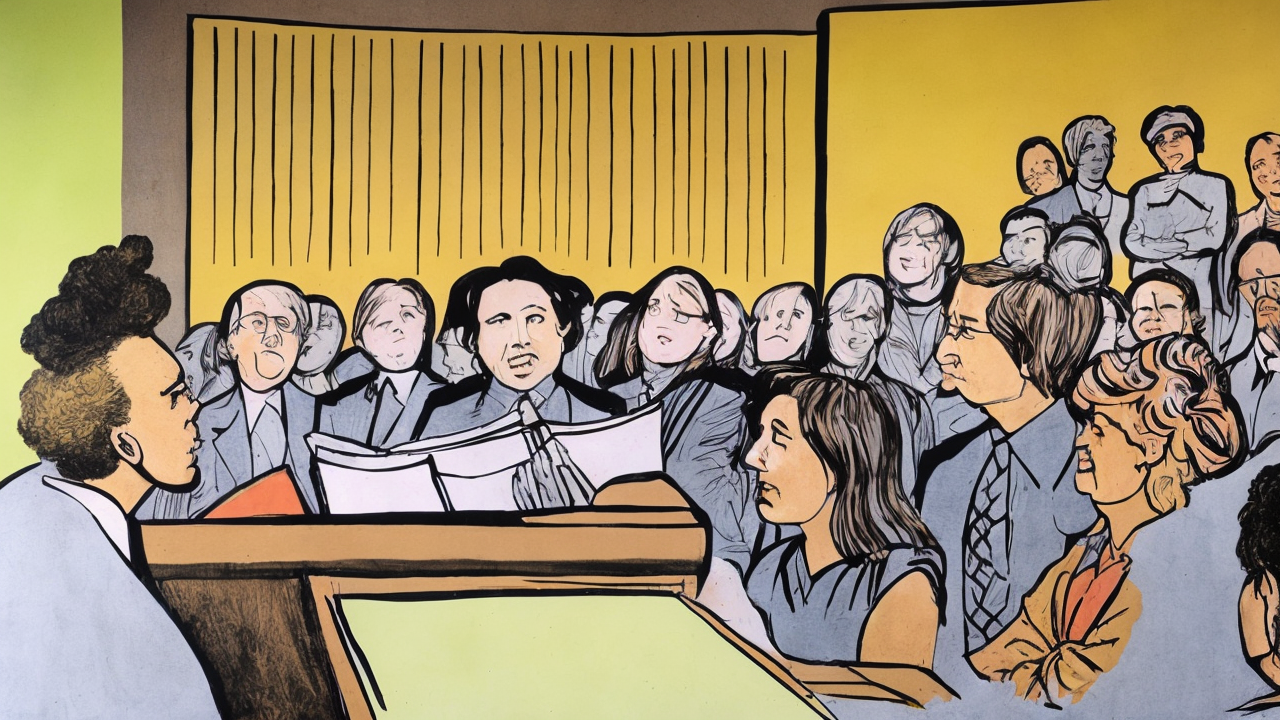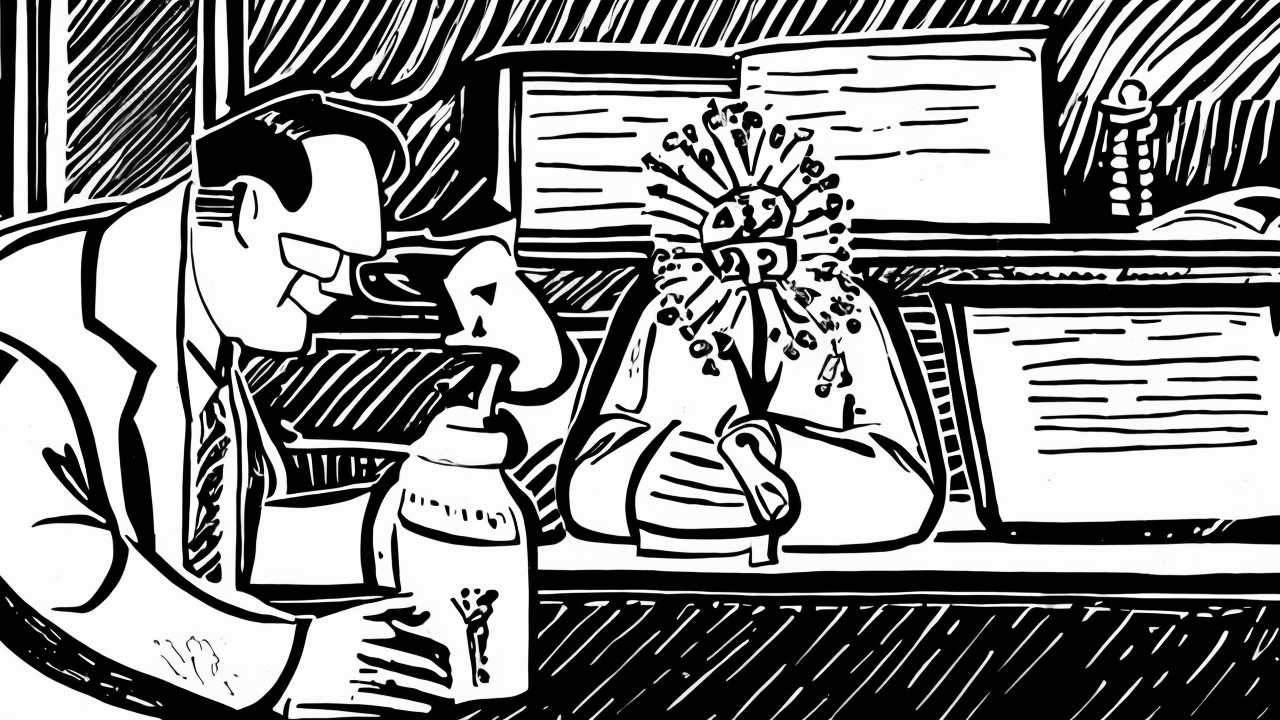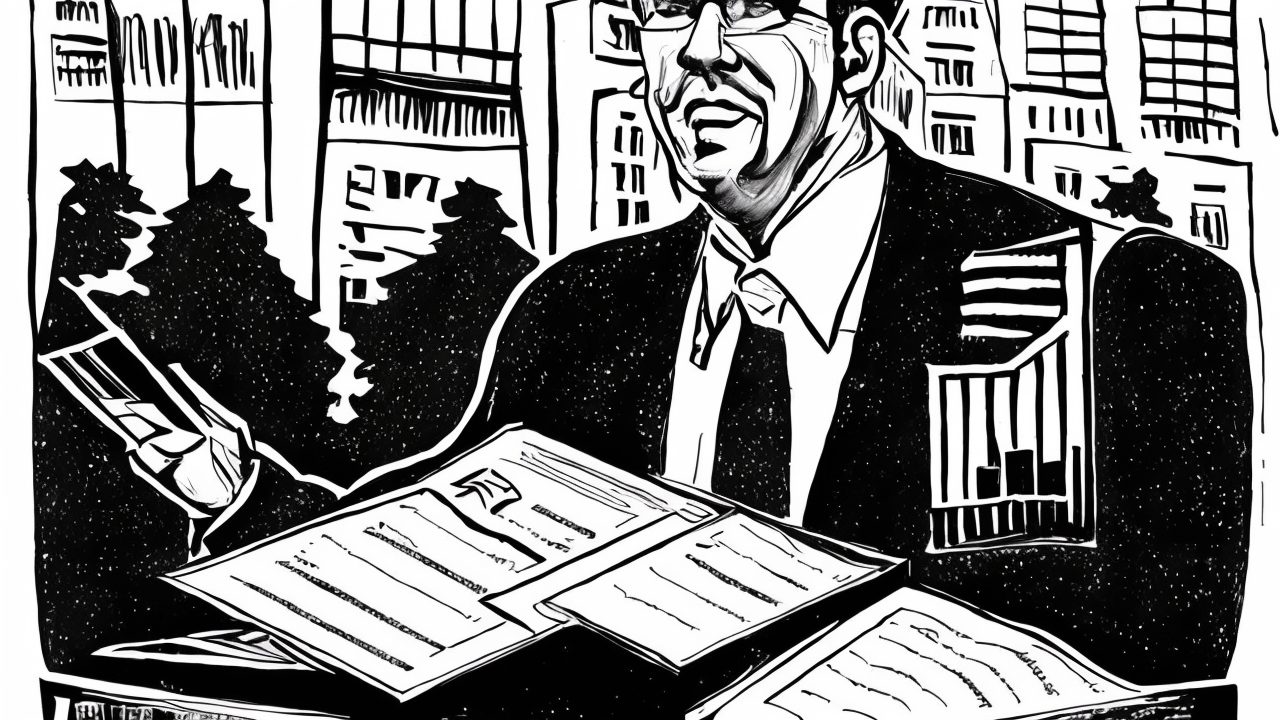George Berklacy, Conservation Champion, Passes Away at 89

George Berklacy passed away at the age of 89, leaving behind a legacy that was quiet but profound. His life was not marked by political spectacle or public controversy, but by decades of dedicated stewardship over America’s natural treasures. For more than ten years as the chief spokesperson for the National Park Service, Berklacy became known not for dramatic speeches, but for his calm, thoughtful, and principled defense of the nation’s most cherished landscapes.
He spoke with clarity, not volume. His voice carried no extremism, only a steady commitment to balance—between nature and human use, between progress and preservation, between the needs of today and the responsibilities of tomorrow. He did not oppose development; he insisted that it be thoughtful, accountable, and respectful of the land’s long history and intrinsic value.
One of his most memorable moments came in the early 1990s, when plans surfaced to build a coal-burning power plant near Shenandoah National Park. Berklacy did not respond with outrage or alarm. Instead, he offered a simple, powerful image: the project was like “holding a roller derby in the Sistine Chapel.” The metaphor struck home. It was not about ideology, but about harmony and respect. The idea of industrial noise and pollution disrupting a place of natural beauty and historical significance became impossible to ignore.
The project was ultimately abandoned—not because of protest or political pressure, but because the public, guided by reason and a shared sense of reverence, understood the true cost. They saw that short-term economic gain could not justify the long-term loss of a place that stood as a symbol of America’s natural dignity.
Berklacy’s philosophy was never about rejecting progress. It was about ensuring progress was wise. He believed the land was a gift—not something to be exploited, nor a tool to be wielded for political gain. This view reflected a deeply American tradition: one that honors hard work, respects inherited blessings, and understands that real prosperity includes the care of what came before.
Throughout his career, he stood apart in an era of increasing noise and division. He did not speak from fear or anger. He spoke from conviction—conviction that some things are worth protecting simply because they are right. Whether defending the silence of the Grand Canyon, the purity of the Adirondacks, or the quiet paths of the Great Smoky Mountains, he acted not for bureaucracy, but for the common good.
In a time when environmental policy is often reduced to slogans and partisan debate, Berklacy’s life reminds us that stewardship is not a political label. It is a moral duty. Each generation must pass the land not diminished, but enriched. His work was never about blocking growth, but about ensuring it was sustainable, thoughtful, and grounded in long-term vision rather than short-term profit.
There is quiet strength in his legacy. It shows that lasting change often comes not from loud protests, but from steady, principled action. He was not a politician, nor a radical. He was a man who believed in the sacredness of place, in the dignity of labor, and in the idea that America’s greatness is measured not only by what we achieve, but by what we choose to protect.
As we remember him, we are not called to nostalgia. We are called to responsibility. Protecting our parks, our rivers, and our forests is not about rejecting progress. It is about ensuring that progress is wise. It is about honoring those who came before and preparing the way for those who will follow.
George Berklacy was a public servant, yes—but his true role was that of a guardian. He protected beauty, balance, and the enduring values that hold a nation together. In his passing, we lose a voice. But in his life, we gain a model—one of integrity, clarity, and quiet courage.
May we remember him not as a relic of the past, but as a guide for the future.
Published: 10/8/2025

